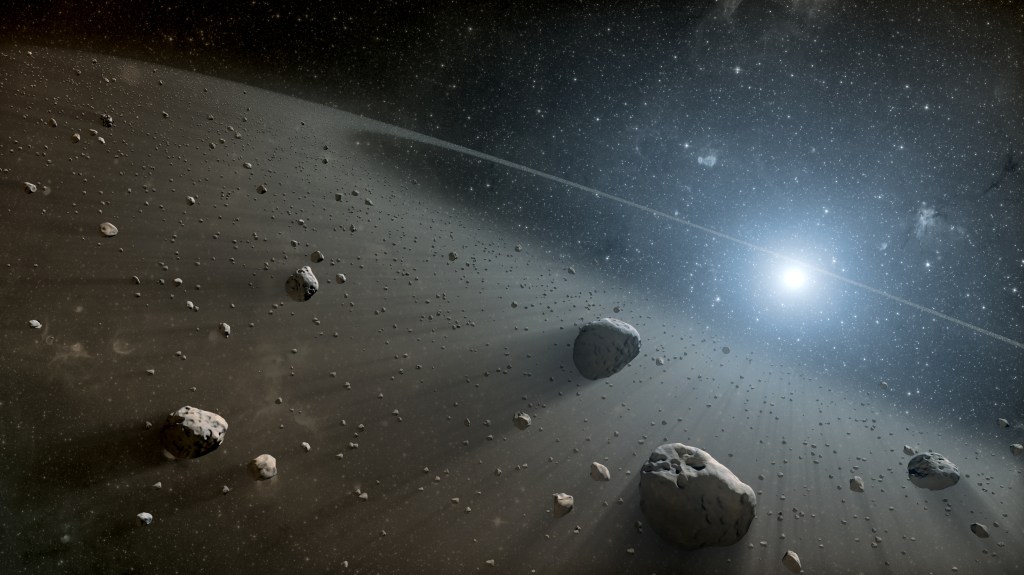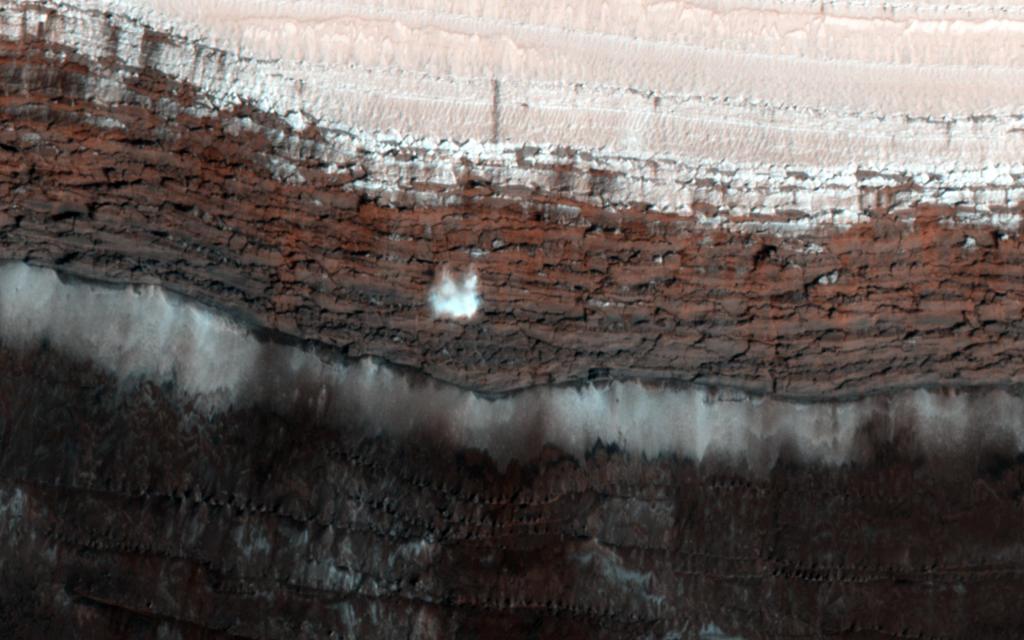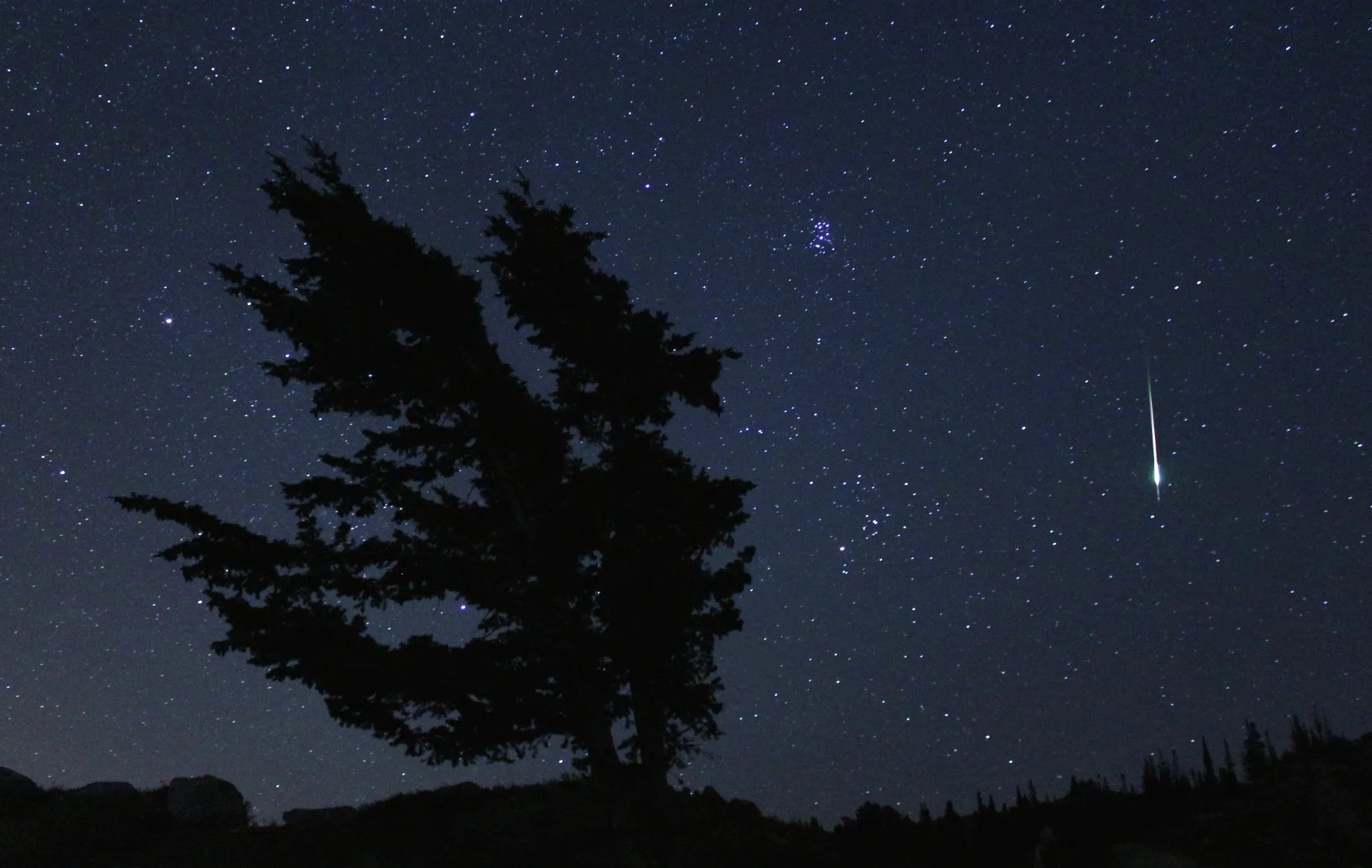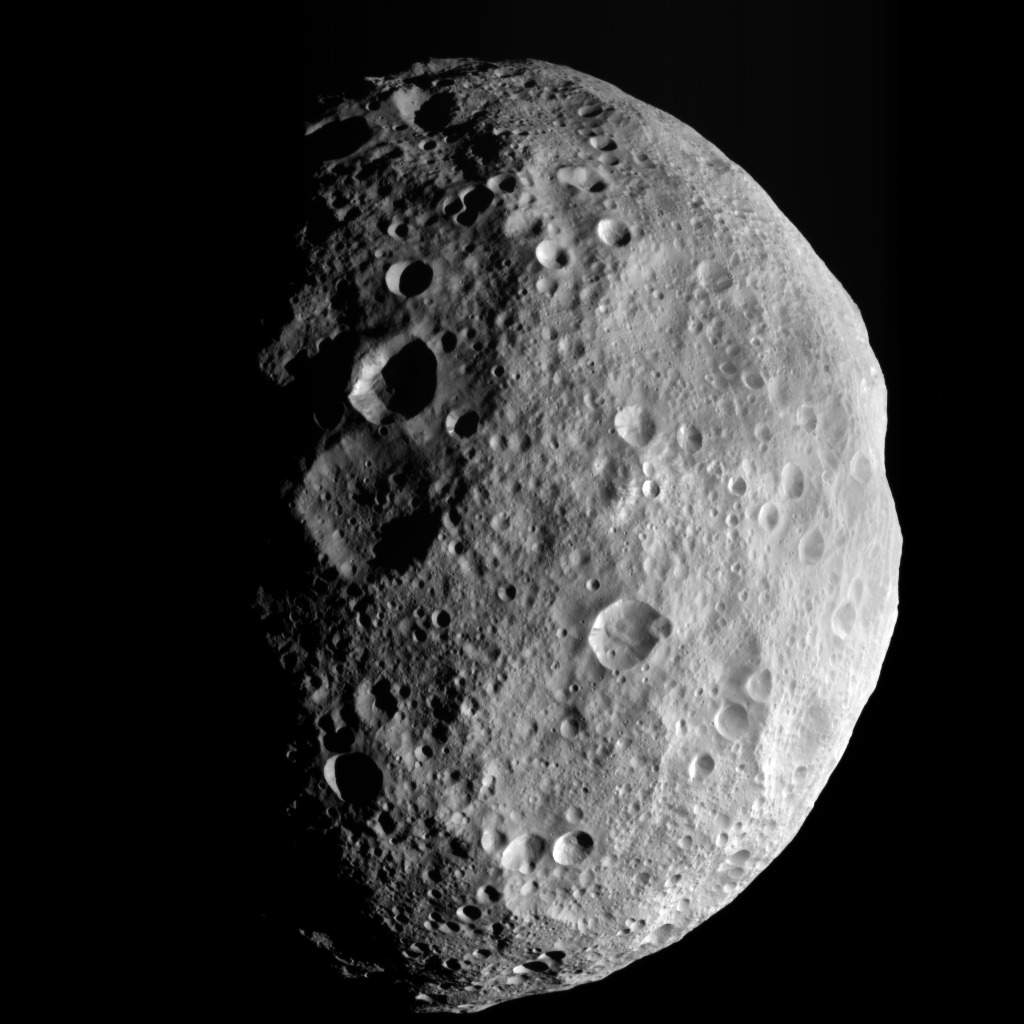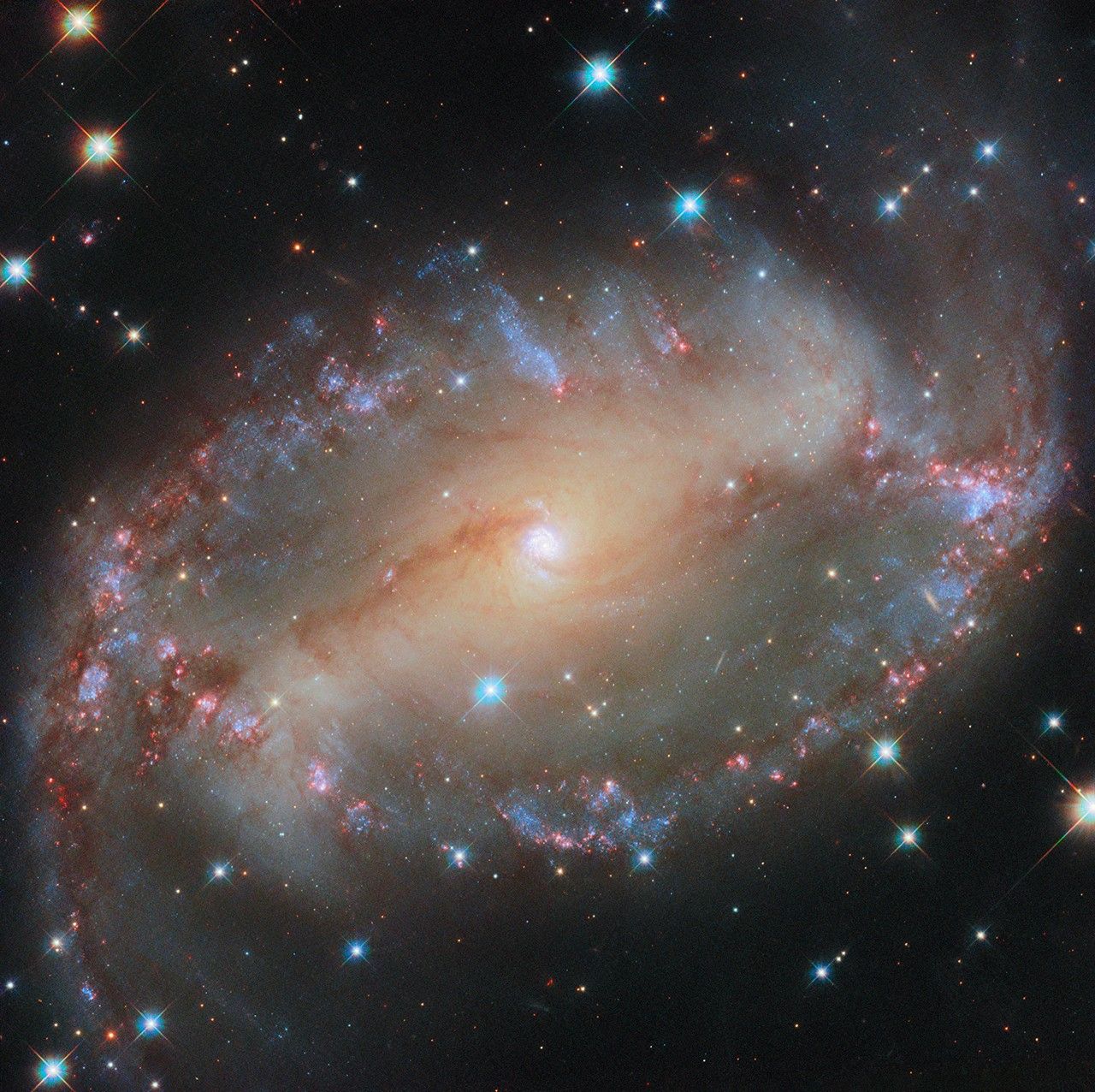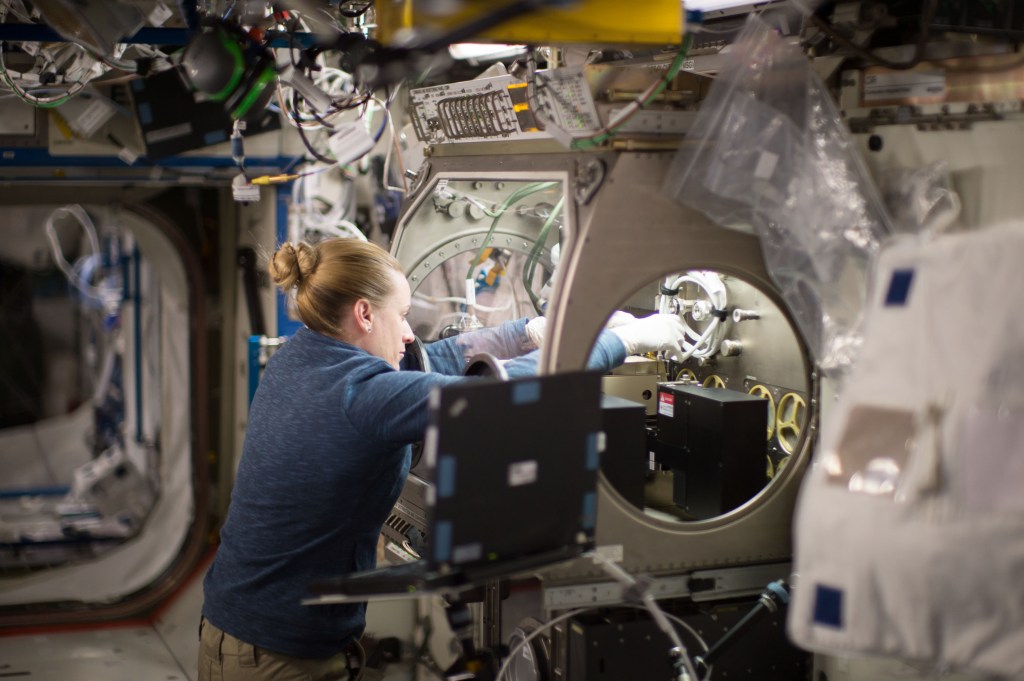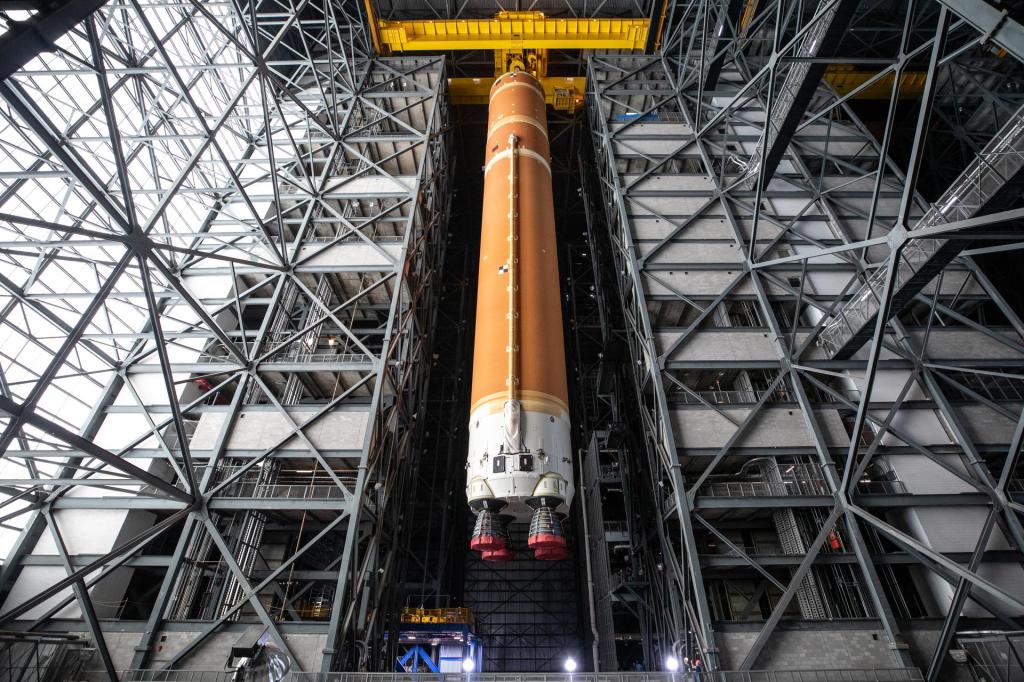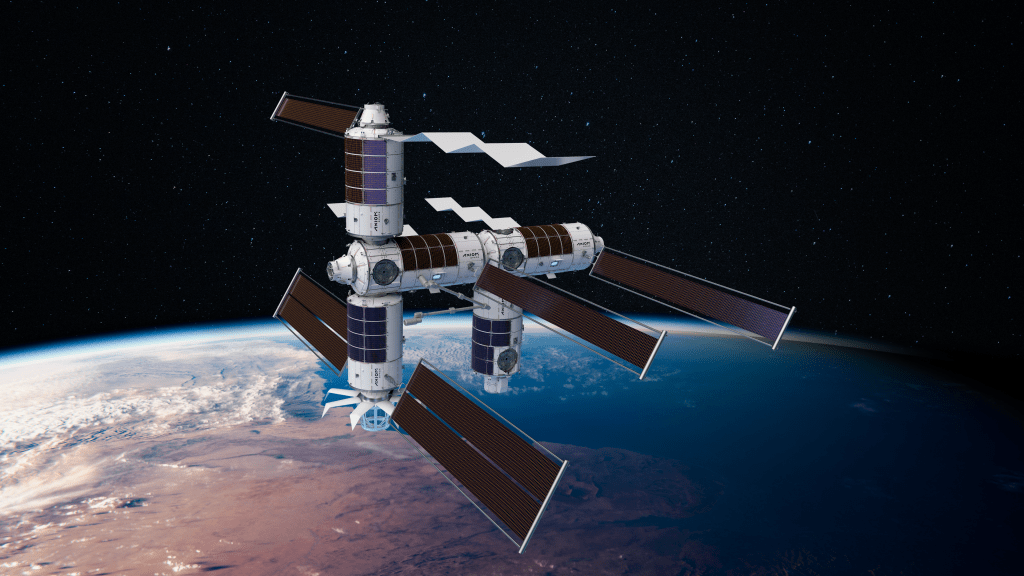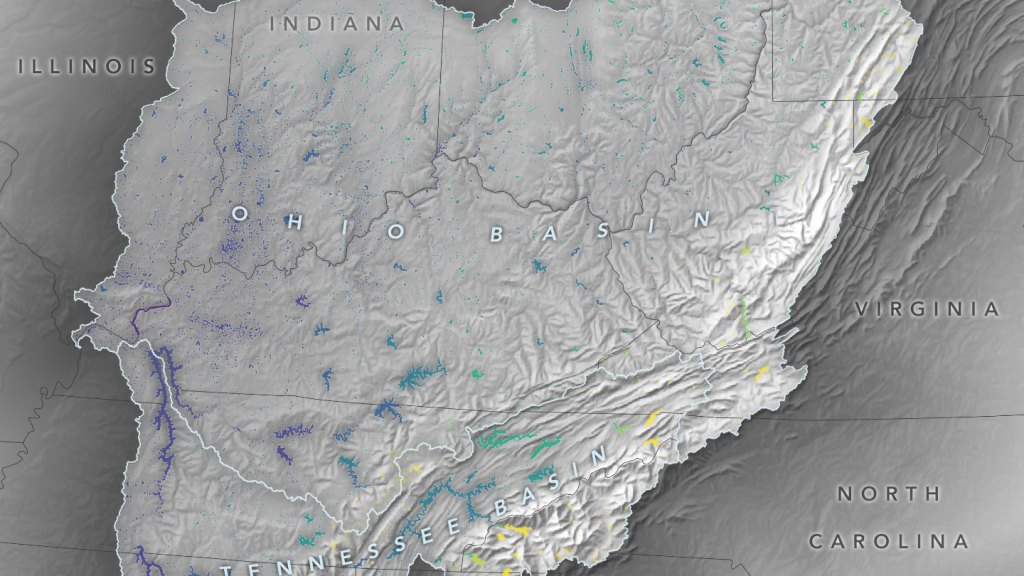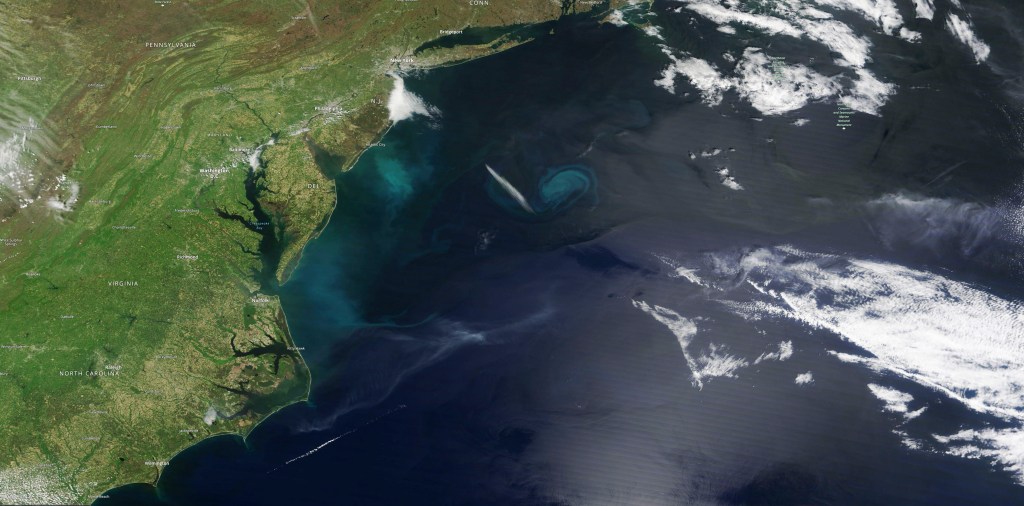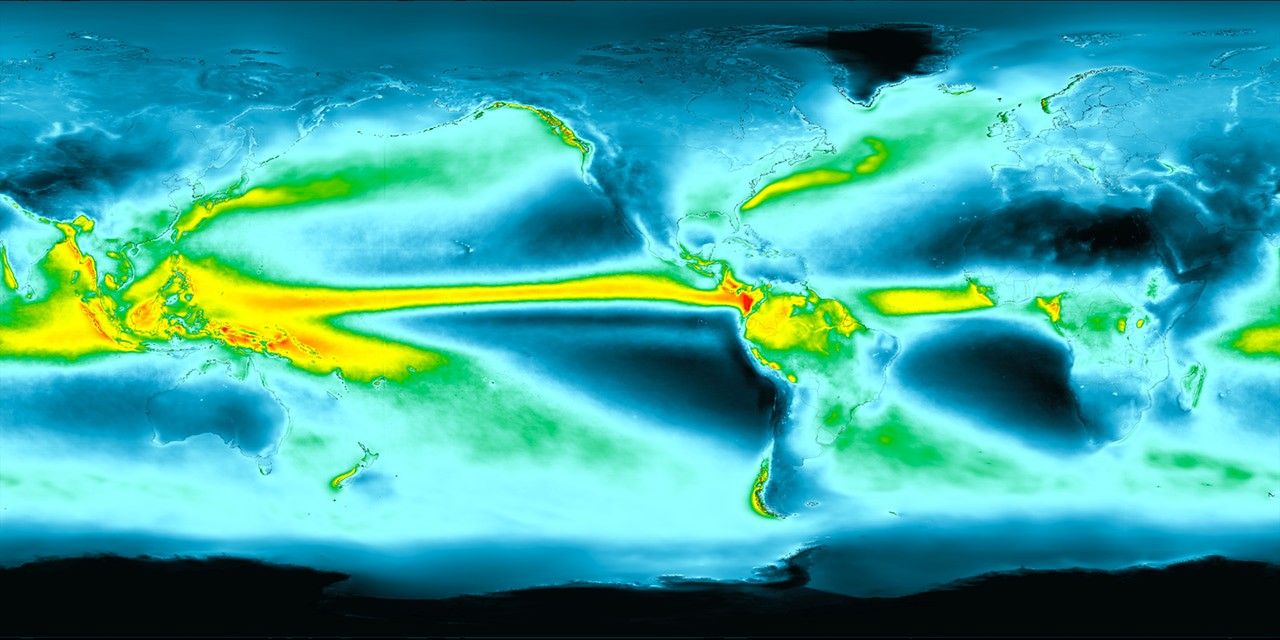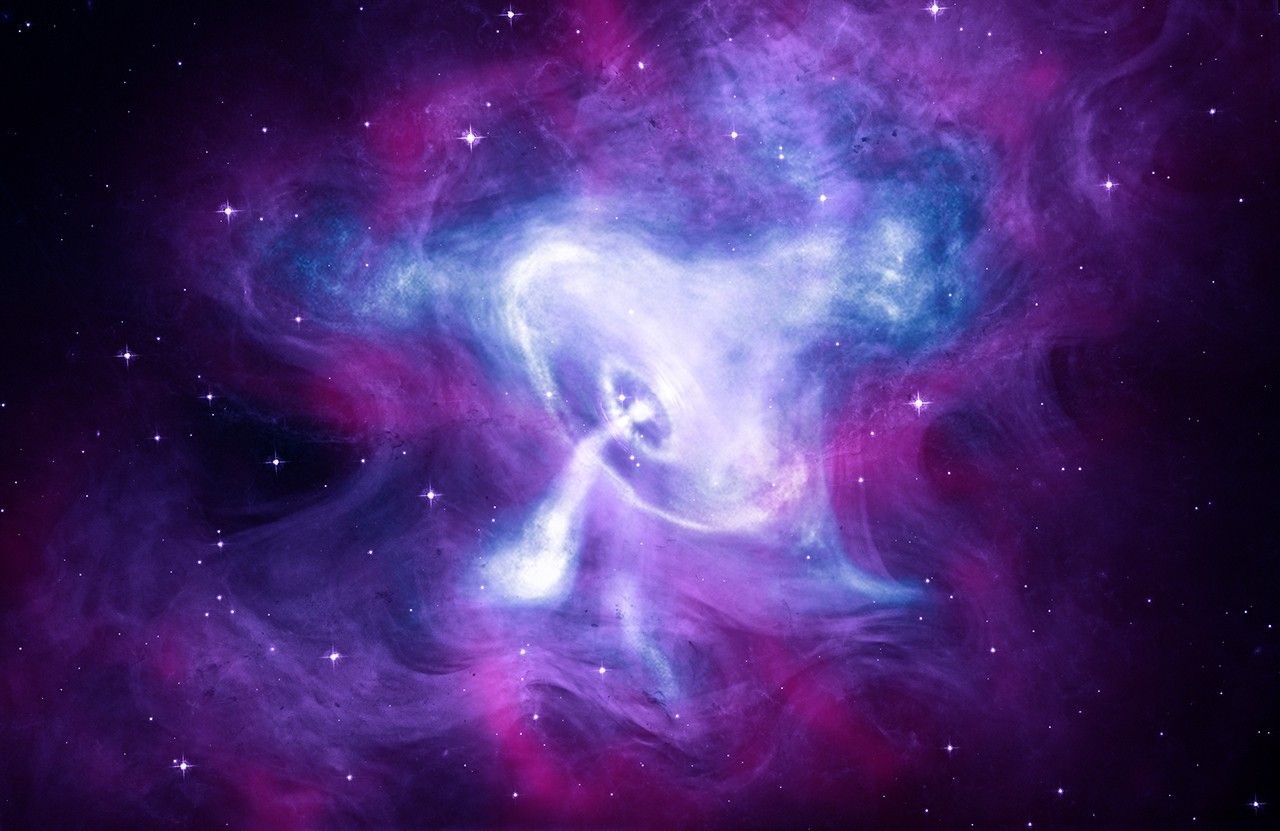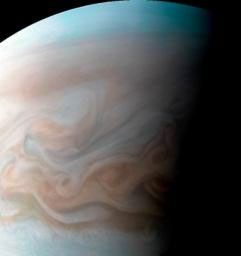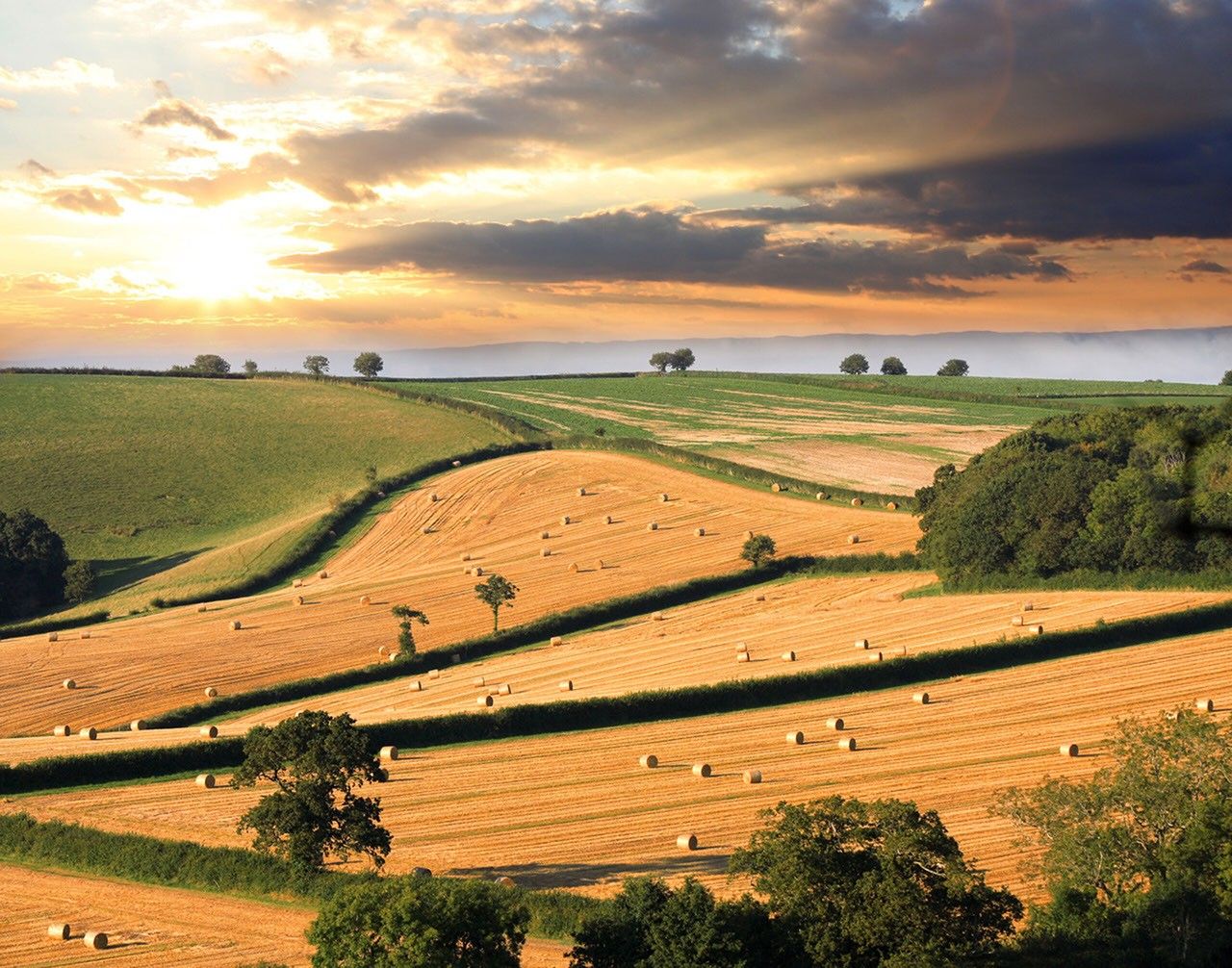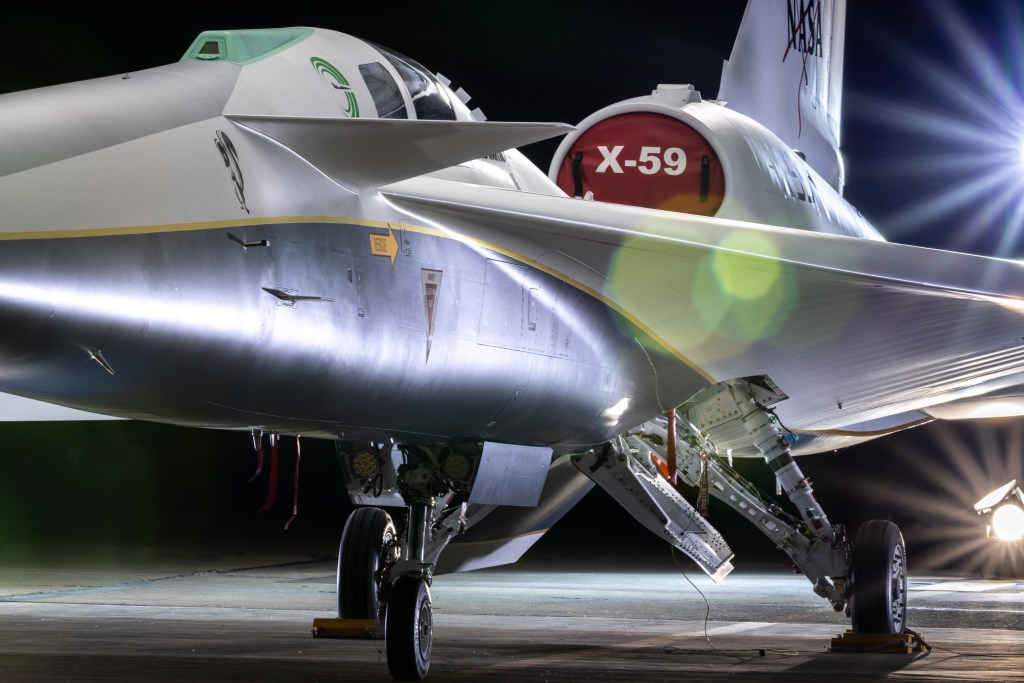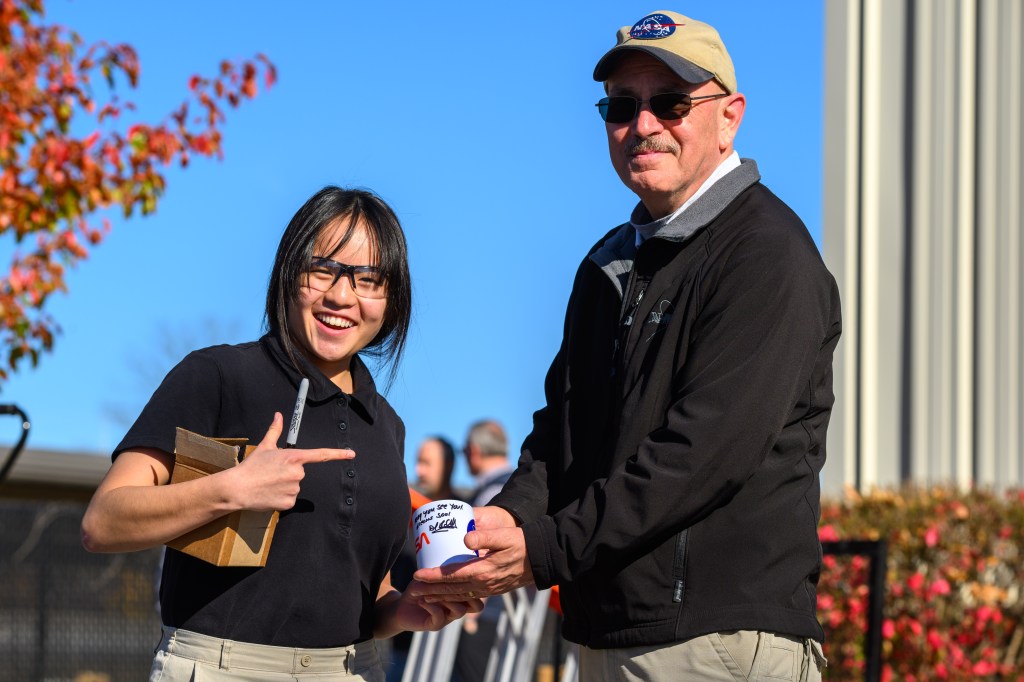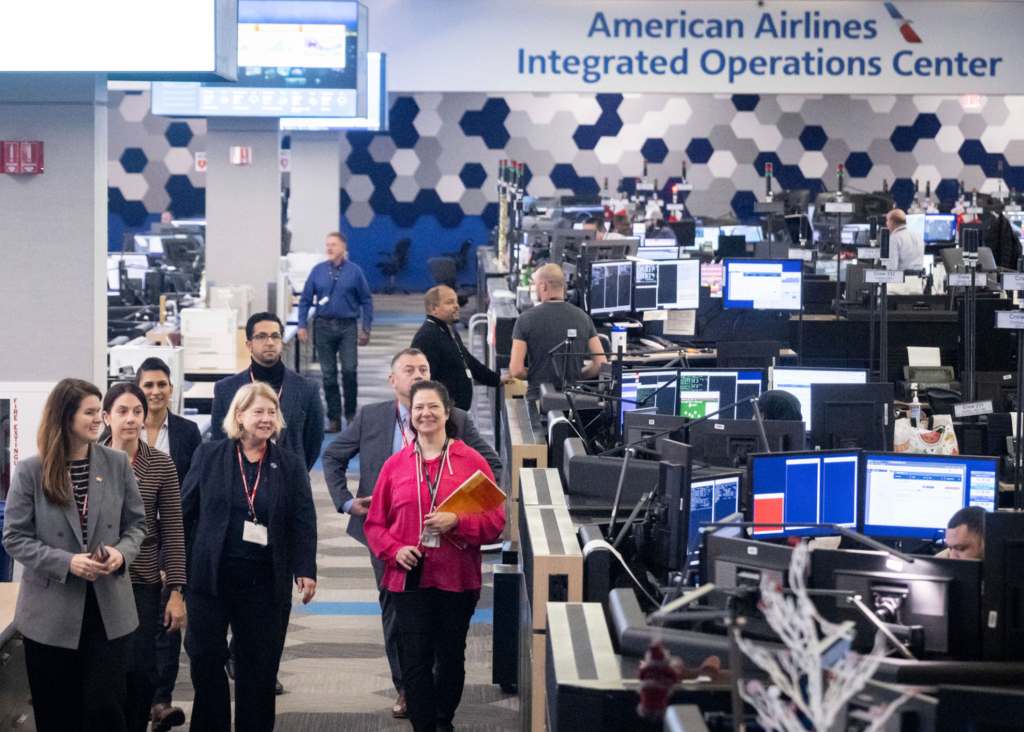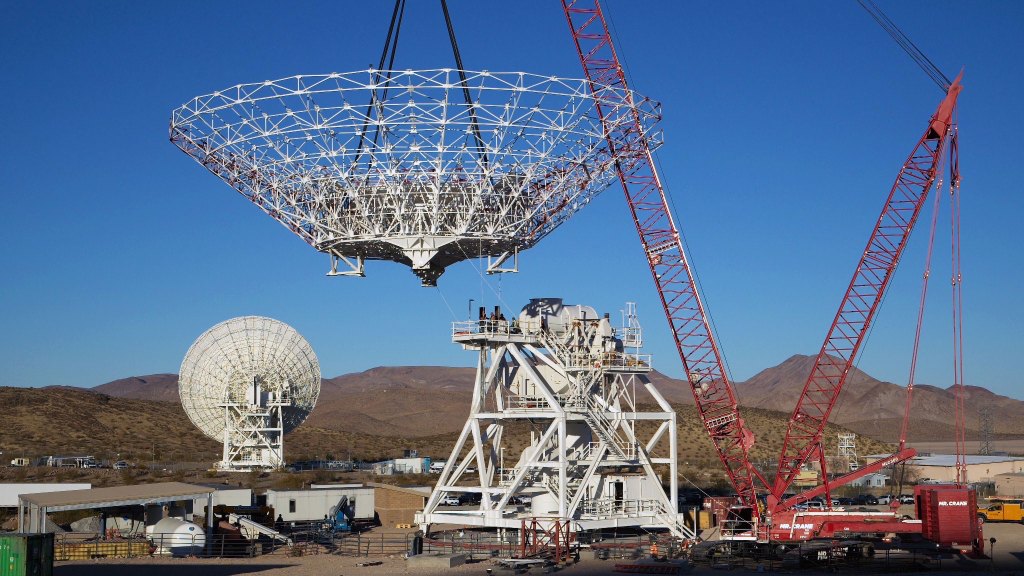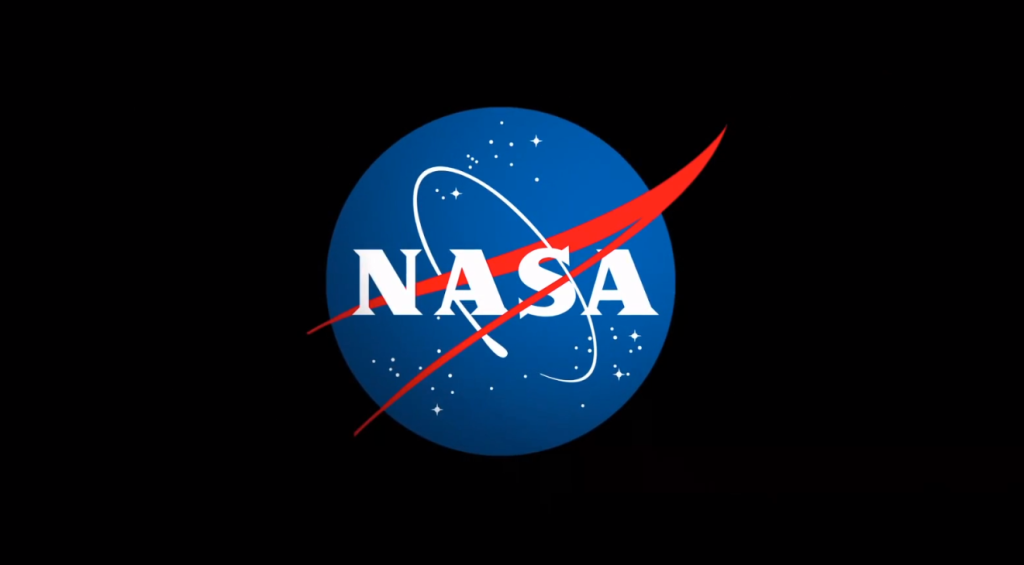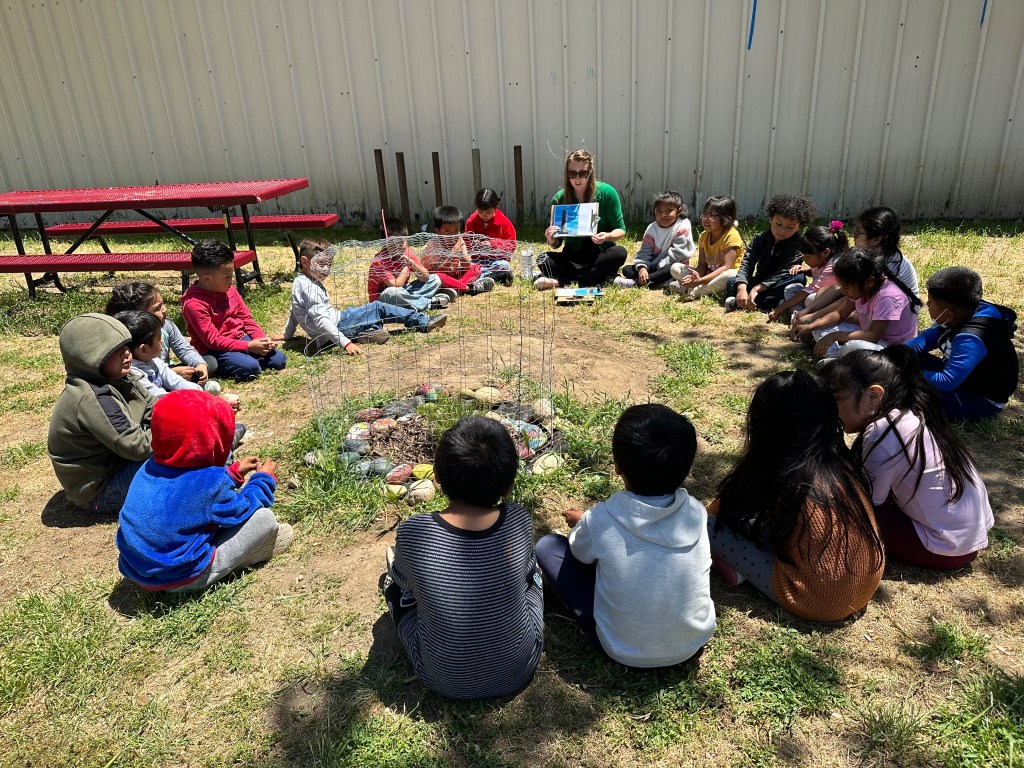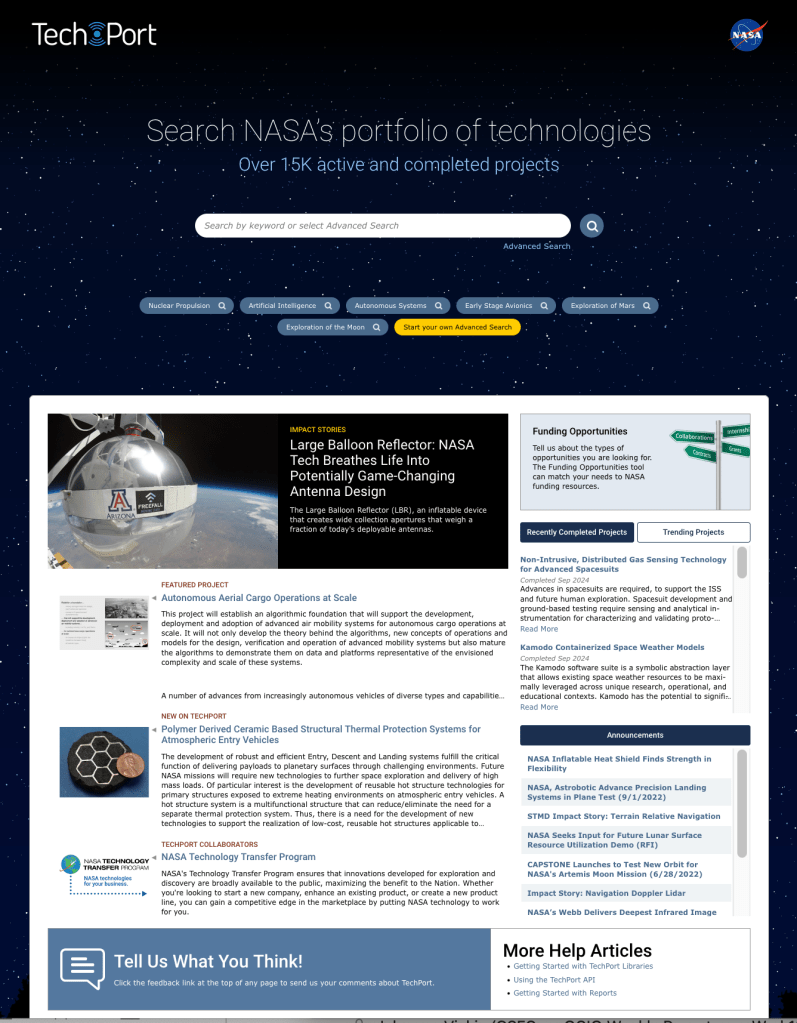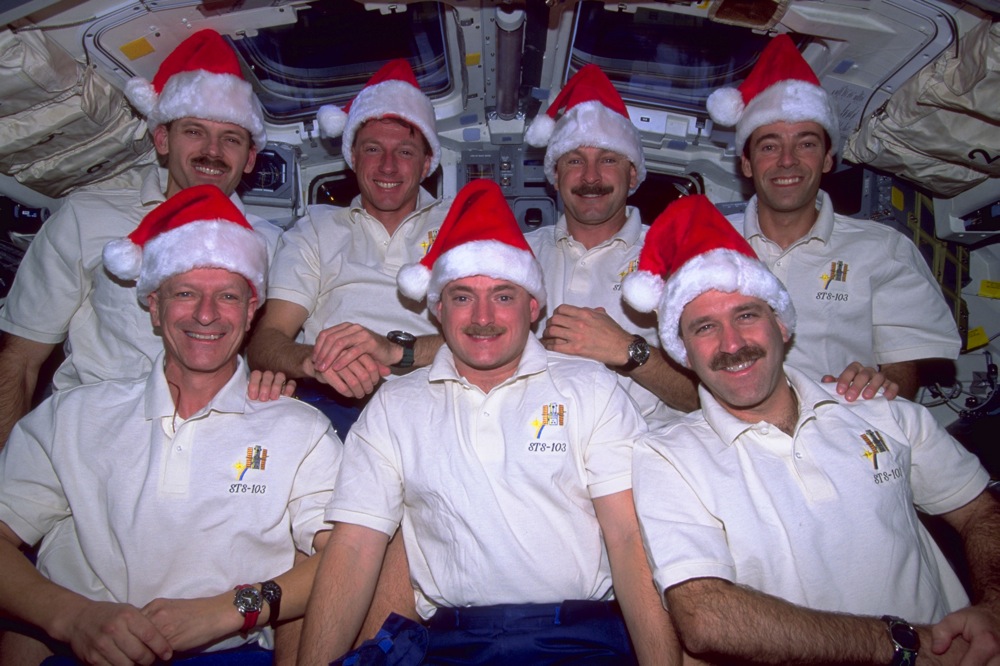Lee esta nota de prensa en español aquí.
NASA is calling on middle and high school students to join the second NASA TechRise Student Challenge, which invites student teams to develop, build, and launch science and technology experiments on high-altitude balloons.
Students in grades six to 12 attending U.S. public, private, or charter schools – including those in U.S. territories – are challenged to team up with their schoolmates to design an experiment under the guidance of an educator. Administered by Future Engineers, the NASA TechRise Student Challenge offers hands-on insight into the design and test process used by NASA-supported researchers. It aims to inspire a deeper understanding of Earth’s atmosphere, surface features, and climate, as well as space exploration, coding, electronics, and the value of test data. Teams should submit their experiment ideas by Oct. 24, 2022.
“We are thrilled to offer the second NASA TechRise Student Challenge,” said NASA Administrator Bill Nelson. “The quality of the experiments and the creativity we saw from students in the last challenge are exactly the kinds of problem-solving and hands-on learning NASA hopes to inspire. We’re eager to see what innovative ideas pour in from students around the nation this year.”
To participate in the challenge, visit:
A total of 60 winning teams will be selected to turn their proposed experiment idea into reality and launch their technology on a suborbital flight test. The winning teams will each receive $1,500 to build their experiment and an assigned spot on a NASA-sponsored high-altitude balloon flight operated by one of two commercial providers: Aerostar of Sioux Falls, South Dakota, or World View based in Tucson, Arizona. Both high-altitude balloons provide exposure to the stratosphere at altitudes of approximately 9-19 miles (15-30 kilometers) and variable duration of flight time of hours to days. The challenge is led by NASA’s Flight Opportunities program, which rapidly demonstrates technologies for space exploration and the expansion of space commerce through suborbital testing with industry flight providers.
The winning teams will also receive technical support and mentorship from Future Engineers, including the opportunity to learn or improve technology skills such as soldering, coding, and 3D design. NASA encourages students and their instructors to submit experiment ideas even if they have no prior experience with these activities.
“We could not do a project like this in our classroom without the support of NASA TechRise,” said Jill Davis, Superintendent-Director of the Greater Lowell Technical High School in Tyngsborough, Massachusetts, which had one of the winning teams in last year’s challenge. “It is something that is truly out of this world! This challenge helped students develop their own unique ideas for future inventions, which adds a new layer of meaning to what they learn.”
To enter the competition, teams will propose their experiment idea online using the design guidelines and proposal template on the competition site. NASA plans to announce the competition winners in January 2023. The selected student teams will build their payloads from January to May, and the final experiments will take flight in summer 2023.
Educators interested in TechRise are strongly encouraged to join the virtual educator workshop on Saturday, Aug. 27, to learn more about the challenge, high-altitude balloons, and how to develop a NASA TechRise proposal. Attendees will also have an opportunity to ask questions of TechRise educators who recently participated in the winner build experience.
NASA also is seeking volunteers to help judge the entries anticipated from across the country. U.S. residents with expertise in engineering, space, and/or atmospheric research who are interested in reviewing NASA TechRise Student Challenge submissions can apply to be a judge on the Future Engineers website.
NASA’s Flight Opportunities program, based at the agency’s Armstrong Flight Research Center in Edwards, California, and part of NASA’s Space Technology Mission Directorate (STMD), is leading the NASA TechRise Challenge, with support from the NASA Tournament Lab, also part of STMD.
-end-
Sarah Frazier
Headquarters, Washington
202-853-7191
sarah.frazier@nasa.gov
Sarah Mann
Armstrong Flight Research Center, Edwards, Calif.
661-233-3758
sarah.mann@nasa.gov

